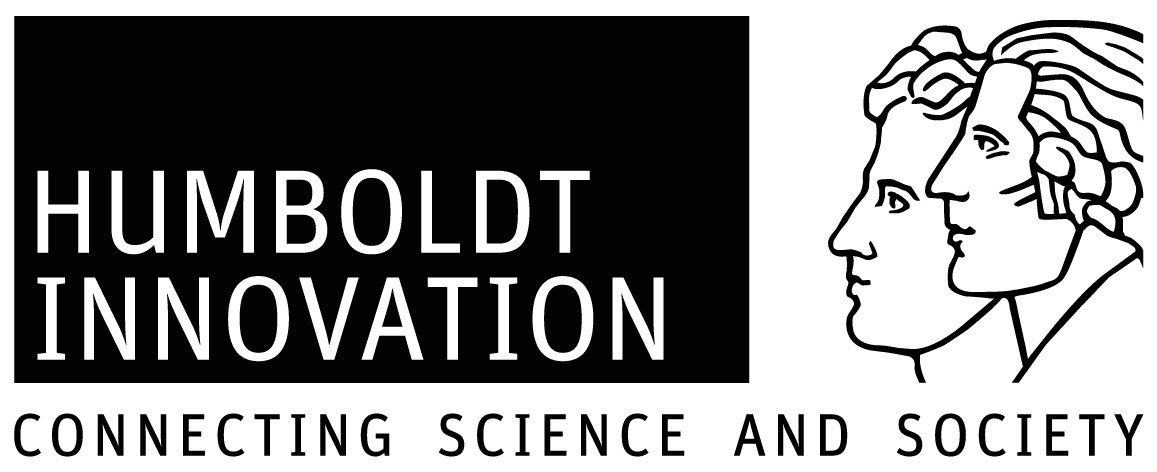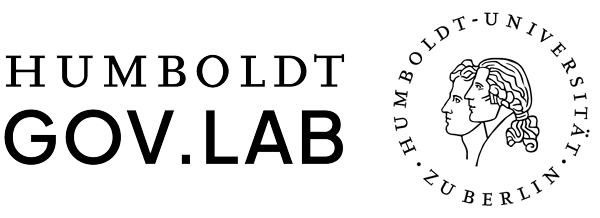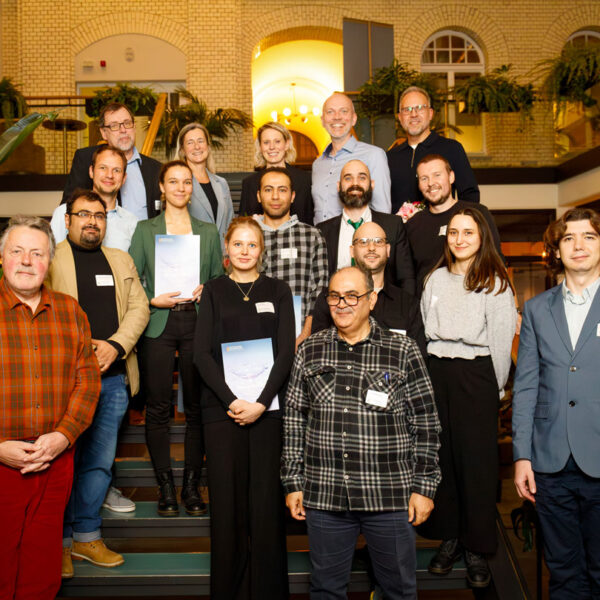
Over the past few decades, populist parties have been on the rise. While around the year 2000 they received only about 12% of the vote in European democracies, by 2018 they had already convinced 28% of voters across Europe.
But how can the ideology of these parties be defined? What is meant by populism remains a matter of debate among researchers. However, the definition proposed by populism scholar Cas Mudde has gained wide acceptance. From a populist perspective, society is divided into two homogeneous and antagonistic groups: the “ordinary people” on one side and the elites on the other. The elites are seen as arrogant, lazy, irresponsible, and corrupt, while the ordinary people are viewed as innocent and at the mercy of the elites. According to populists, the general will of the people should be directly reflected in politics.
Political science research shows that support for parties with this populist ideology tends to be higher the greater the economic inequality within a society. In their new study, HU professors Heike Klüver and Johannes Giesike, along with Lukas F. Stötzer, professor at the University of Witten/Herdecke, have taken a closer look at this relationship, which has so far not been sufficiently explained. In addition to her professorship, Heike Klüver is the director of the Humboldt Governance Lab, of which Lukas F. Stötzer is also a member.
The researchers argue that it is not so much actual economic disparities that drive the rise of populism. Rather, the perception that society is unequal leads to the spread of populist attitudes and, consequently, to increased support for populist parties.
Perceptions of inequality can vary greatly between individuals and often do not align with the actual level of social inequality. People tend to underestimate how unequal their society really is. Nevertheless, there is a clear positive correlation between perceived and actual inequality.
The researchers’ study, which draws on data from the International Social Survey Programme (ISSP), shows that support for populist parties is also linked to perceived inequality. Individuals who view society as more unjust are 2.7 percentage points more likely to vote for a populist party than those who consider their society relatively fair. The effects are particularly pronounced for major right-wing populist parties such as Norway’s Progress Party, the Danish People’s Party, and Austria’s Freedom Party.
With their study, the researchers make an important contribution to answering key political science questions about the rise of populism. In contrast to previous research, their findings show that the perception of society as unequal may be a crucial explanatory factor for the growing support of populist parties.










